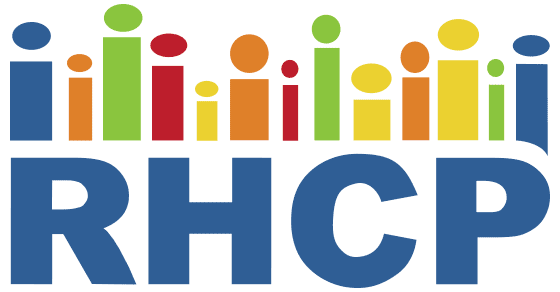The Use of Digital Stories As a Health Promotion Intervention: A Scoping Review
BMC Public Health 2022
Digital storytelling (DST) is a creative method used to promote health by sharing personal experiences through short videos. These stories are crafted by individuals affected by health issues and are often used to raise awareness, spark conversations, and encourage behavior change among viewers. A review of ten studies using DST found that these interventions addressed a wide range of health concerns—from diabetes and cancer to HIV and food insecurity—and were implemented across diverse communities and settings. Viewers found the stories engaging, culturally respectful, and motivational, with some studies showing improvements in health knowledge, attitudes, and intentions to change behavior.
Despite promising results, most studies focused on individual-level outcomes like increased health literacy or intentions to change behavior, rather than measuring actual behavior change. Few studies addressed broader community or societal factors, and none incorporated all dimensions of the National Institute on Minority Health and Health Disparities (NIMHD) framework. The review suggests that DST has untapped potential to promote health equity across multiple levels and domains. Future efforts should include more rigorous study designs, broader health determinants, and post-viewing discussions to deepen impact—especially when led by or in collaboration with Indigenous communities, whose approaches to health and storytelling offer valuable insights.
